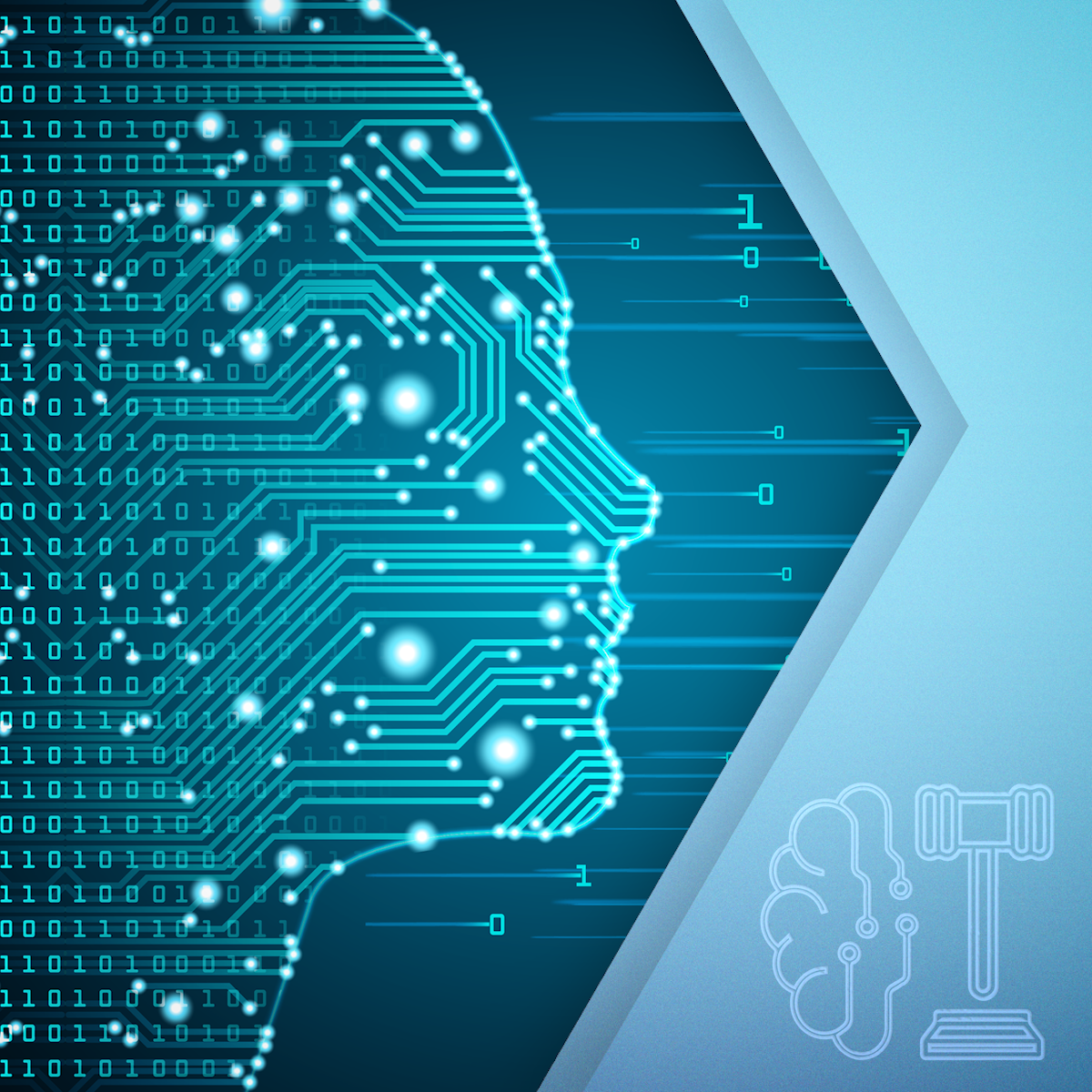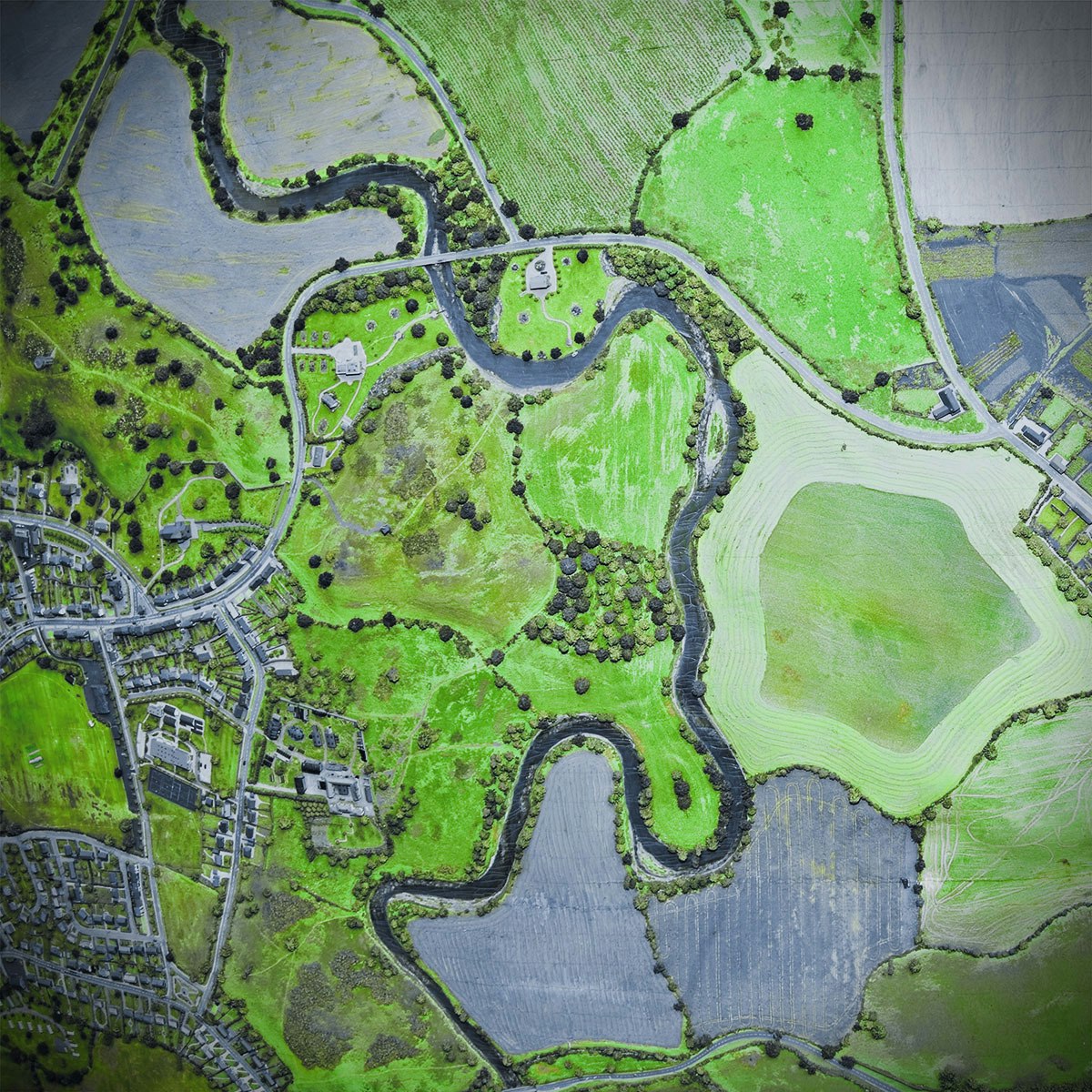Back to Courses









Social Sciences Courses - Page 48
Showing results 471-480 of 672

Understanding Violence
We are so pleased to have you join us as we investigate this crucial topic.
Violence is a leading cause of death, disability and health care use worldwide. Violence is a complex problem and can only be understood and reduced though a multidisciplinary approach.
This course introduces you to experts who study different forms of violence and we will discuss the various causes of violence. You will also learn about efforts to reduce violence and engage in a day of compassion.
We are very fortunate that PRESIDENT JIMMY CARTER is participating in our course. He delivers a lecture on the efforts of the Carter Center to end violence around the world, and he engages in a discussion with us about his life and work in human rights.
Do join us for short videos, readings and discussions. And also see our coffee chats, where we (Pamela and Deb) summarize and reflect on each module.
And we want to hear from you! Feel free to reach out via Twitter or through the course, or through our Facebook Page: https://www.facebook.com/groups/understandingviolence01/.

Cybersecurity Policy for Water and Electricity Infrastructures
This course will examine the drinking water and electricity infrastructures, and various policies that have been developed to help guide and strengthen their cybersecurity programs. The drinking water and electricity infrastructures are two of fourteen subsectors comprising what are known as "lifeline infrastructure". The 2013 National Infrastructure Protection Plan identifies four lifeline infrastructure sectors: 1) water, 2) energy, 3) transportation, and 4) communications. These sectors are designated "lifeline" because many other infrastructures depend upon them. The drinking water subsector is part of the water sector, and the electricity subsector is part of the energy sector. Both subsectors are overseen by the Department of Homeland Security National Protection and Programs Directorate which manages the DHS National Infrastructure Protection Program. The NIPP employs a five-step continuous improvement program called the Risk Management Framework. NIPP implementation is overseen by DHS-designated Sector-Specific Agencies staffed by various Federal departments. The Sector-Specific Agencies work in voluntary cooperation with industry representatives to apply the Risk Management Framework and document results in corresponding Sector-Specific Plans. The program began in 2007 and the most recent Sector-Specific Plans were published in 2016. In February 2013, President Obama issued Executive 13636 directing the National Institute of Standards and Technology to develop a voluntary set of recommendations for strengthening infrastructure cybersecurity measures. EO13636 also asked Federal agencies with regulating authority to make a recommendation whether the NIST Cybersecurity Framework should be made mandatory. The Environmental Protection Agency who is both the SSA and regulatory authority for the drinking water subsector recommended voluntary application of the NIST Cybersecurity Framework. The Department of Energy who is both the SSA and regulatory authority for the electricity subsector replied that it was already implementing the Electricity Subsector Cybersecurity Capability Maturity Model, which indeed was what the NIST Cybersecurity Framework was based on. The Department of Energy, though, recommended voluntary application of the ES-C2M2. This module will examine both the drinking water and electricity lifeline infrastructure subsectors, and elements and application of the NIST Cybersecurity Framework and ES-C2M2.

AI & Law
About this Course
This four-week course titled AI and Law explores the way in which the increasing use of artificially intelligent technologies (AI) affects the practice and administration of law defined in a broad sense. Subject matters discussed include the connection be between AI and Law in the context of legal responsibility, law-making, law-enforcing, criminal law, the medical sector and intellectual property law.
The course aims to equip members of the general public with an elementary ability to understand the meaningful potential of AI for their own lives. The course also aims to enable members of the general public to understand the consequences of using AI and to allow them to interact with AIs in a responsible, helpful, conscientious way. Please note that the law and content presented in this course is current as of the launch date of this course.
At the end of this course, you will have a basic understanding of how to:
• Understand the legal significance of the artificially intelligent software and hardware.
• Understand the impact of the emergence of artificial intelligence on the application and administration of law in the public sector in connection with the enforcement of criminal law, the modelling of law and in the context of administrative law.
• Understand the legal relevance of the use of artificially intelligent software in the private sector in connection with innovation and associated intellectual property rights, in the financial services sector and when predicting outcomes of legal proceedings.
• Understand the importance of artificial intelligence for selected legal fields, including labour law, competition law and health law.
Syllabus and Format
The course consists of four modules where one module represents about one week of part-time studies. A module includes a number of lectures and readings, and finishes with an assessment – a quiz and/or a peer graded assignment. The assessments are intended to encourage learning and ensure that you understand the material of the course. Participating in forum discussions is voluntary.
Modules
Module 1. AI and Law
Module 2. Legal AI in the Public Sector
Module 3. Legal AI in the Private Sector
Module 4. Selected Challenges
Lund University
Lund University was founded in 1666 and has for a number of years been ranked among the world’s top 100 universities. The University has 47 700 students and 7 500 staff based in Lund, Sweden. Lund University unites tradition with a modern, dynamic, and highly international profile. With eight different faculties and numerous research centers and specialized institutes, Lund is the strongest research university in Sweden and one of Scandinavia's largest institutions for education and research. The university annually attracts a large number of international students and offers a wide range of courses and programmes taught in English.
The Faulty of Law is one of Lund University’s four original faculties, dating back to 1666. It is a modern faculty with an international profile, welcoming both international and Swedish students. Education, research and interaction with the surrounding community are the main focus of the Faculty’s work. The connection between the three is particularly apparent in the programmes and courses offered by the university, including the university’s MOOC course in European Business Law. The students get the chance to engross themselves in traditional legal studies, while interacting with both researchers and professionally active lawyers with qualifications and experience from various areas of law.
The faculty offers three international Masters: two 2-year Master’s programmes in International Human Rights Law and European Business Law, and a 1-year Master’s in European and International Tax Law. Students from around 40 countries take part in the programmes which offer a unique subject specialization within each field, with highly qualified researchers and professional legal practitioners engaged in the teaching.

Climate change and Indigenous People and local communities
Climate change is a global phenomenon, but its impacts vary among different social groups, who perceive and adapt to climate change impacts in different ways. In this course, you will:
a) understand the different debates around climate change impacts on Indigenous Peoples and local communities (IPLC);
b) familiarize yourself with different impacts of climate change on IPLC, with the IPLC understanding of climate change impacts and with their strategies to adapt to climate change; and
c) learn about different strategies to incorporate Indigenous peoples and local communities in climate change research and policy.
The course includes a theoretical and a methodological component, through which you will learn methodologies to conduct research on Indigenous Peoples and local communities’ perceptions of climate change impacts.

Inclusive Leadership: The Power of Workplace Diversity
Do you want to promote diversity and inclusion? This course will empower and equip you to develop inclusive cultures where everyone feels valued and respected. You will learn how highly inclusive leaders from around the world use processes of social influence to interact effectively with individuals from a wide variety of backgrounds. You will deepen your understanding of the benefits of diversity. And, you will explore a wealth of perspectives and practices to help you to reap those benefits.
This course is for current or aspiring leaders in ANY type of workplace, in ANY leadership role - a CEO of a corporation, a head of a department, a manager of a workgroup, a team leader, a chair of a committee, you name it!
Course highlights include studying signature traits of inclusive leadership (based on global research), strengthening self-awareness, developing your communication skills, and improving your ability to help others feel a strong sense of belonging. Course content covers traditional and timely topics -- from listening, feedback, and collaboration, to privilege, implicit bias, microaggressions, and micro-affirmations.
The instructor for this course is nationally recognized educator, leader, and public speaker, Dr. Brenda J. Allen (Communication Professor Emerita). Dr. Allen is a retired Chief Diversity Officer who offers highly-rated workshops, consultations, and presentations on topics such as inclusive leadership, racial equity, strategic planning, respect in the workplace, and diversity recruitment/retention practices. She has a proven ability for explaining complex and sensitive topics in non-threatening ways. She clearly explains concepts and offers compelling real-life examples - including her own experiences.

COVID Vaccine Ambassador Training: How to Talk to Parents
Vaccination is a key strategy for preventing serious illness and death from COVID-19. COVID-19 vaccines are available for children 5 and older, but many parents have questions about vaccinations. This training course prepares parents of school-age children, PTAs, community members, and school staff to be Vaccine Ambassadors and promote vaccine acceptance in their communities. After completing the course, Vaccine Ambassadors will be able to share knowledge about COVID-19 and the COVID-19 vaccine, engage in conversations about vaccine hesitancy in a respectful and empathetic way, and direct people to credible sources for further information about COVID-19 vaccines.

Gathering and Developing the News
Journalists develop information through interviews and sources. The most successful journalists quickly master these important skill sets. The production of journalism relies on several elements: newsgathering, interviewing sources, researching and trying to find as much information as possible. The course will also teach you how to where to find information, interviewing skills and how to process information from various sources for publication.

Enhancing Communication with Remind
By the end of this project, you will have set up an account with Remind and be fully prepared to use Remind with your class. Remind allows you to simplify communication by reaching parents using the method that works best for them. By the end of this project, you will have an effective method for communicating with parents or other stakeholders that you can use right away.
*You will need a free Remind account for this project.

Cloud Computing Law: Data Protection and Cybersecurity
Vast amounts of personal information are processed in the cloud. But who is legally responsible for such ‘personal data’ in cloud environments? What duties do cloud providers like Amazon, Microsoft, and Google have? And what rights can you, as an individual, exercise under data protection law? If you’d like to find out, then this course is for you!
First, we’ll look at how the European Union’s ‘General Data Protection Regulation’ (‘GDPR’) regulates the processing of personal data in cloud services. You’ll learn to identify controllers and processors, describe their roles and responsibilities, and understand how cloud customers and providers can comply in practice.
Second, we’ll look at international transfers of personal data. We’ll explain how the GDPR can apply to cloud providers and their customers anywhere in the world, as well as how restrictions on international transfers apply to cloud services.
Third, we’ll look at how the Network and Information Security (‘NIS’) Directive regulates the cybersecurity of critical infrastructure. You’ll learn to identify cloud providers’ duties to notify security breaches and to keep their services secure, and how to apply those duties to concrete case studies.
In short, this course covers how the GDPR and NIS Directive apply to cloud services and what cloud providers and their customers should do to comply.

Ecosystem Services: a Method for Sustainable Development
Ecosystem services are a way of thinking about – and evaluating – the goods and services provided by nature that contribute to the well-being of humans.
This MOOC will cover scientific (technical), economic, and socio-political dimensions of the concept through a mix of theory, case-studies, interviews with specialists and a serious-game. By the end of this course, our aim is to enable you to:
• define the concept of ecosystem services, its principles and limitations
• understand the key services associated with any ressource (e.g., fresh water) through readings and case-studies
• appreciate the advantages and potential risks of monetising ecosystem services
• appreciate the social dimensions (power issues, cultural biases) embedded within any method
• integrate tactical advice on mainstreaming this approach into policy and standard government practices
• Optional: learn how to map ecosystem services with GIS tools
The session that runs May 29th- July 10th will be actively monitored by the instructors, and learners will have the opportunity to ask questions.
This course was developed by instructors from the University of Geneva with the help of numerous researchers and input from the Geneva Water Hub and the Natural Capital Project. The course was financed by the University of Geneva, the Global Programme Water Initiatives of the Swiss Agency for Development and Cooperation (SDC), and the Luc Hoffmann Institute.
This MOOC is supported by the Geneva Water Hub and the University of Geneva along with the MOOC in « Water Resources Management and Policy » (www.coursera.org/learn/water-management) and the one in « International Water Law » (www.coursera.org/learn/droit-eau).
We look forward to you joining us!
Popular Internships and Jobs by Categories
Find Jobs & Internships
Browse
© 2024 BoostGrad | All rights reserved